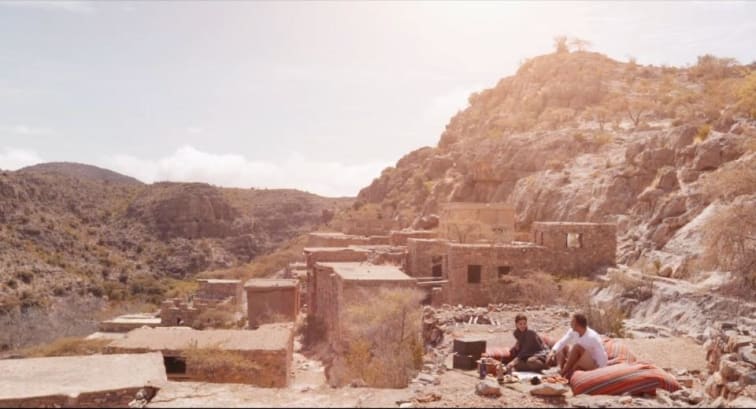
Bali: Explore the Island of the Gods' Spirituality
Known as the Island of the Gods, Bali’s spirituality pervades every facet of life and is practised reverently and with great dedication nationwide — from daily temple rituals and offerings to appease mischievous spirits, to an almost unbelievable number of religious festivals.
The majority of Indonesia's Hindu people reside in Bali, and more than 80% of the island’s population practice Balinese Hinduism. This distinctive religion respects not only the Hindu gods and goddesses, but is also rooted in Buddhism and gives reverence to ancestral spirits and sacred sites. The incorporation of animism and mythology also sets Bali’s spirituality apart, and although certain concepts and practices might not be easily grasped by international travellers who are unused to such philosophy, Bali’s colourful practices provide eye-catching experiences, while attracting some to delve more deeply.
Canang Sari Hindu Offering
Given in thanks and prayer to the god Sang Hyang Widi Wasa, the Canang Sari offering is made at temples, sacred statues and small shrines in houses, and symbolises self-sacrifice. Travellers interested in experiencing a daily practice of the Hindu faith can learn how to place the sari or "essence" of money within a canang square basket of woven coconut leaves to be decorated with colourful flowers, food, fragrances and bamboo strips.
Tip: Remember to dress respectfully in religious places.
Nyepi New Year
Nyepi New Year is one of the most important holidays in the Balinese Hindu calendar. Observed with a day of silence, prayer, and meditation, throughout the island noise and activity are kept to a minimum to promote the intention of inner reflection. The spiritual belief is that evil spirits descend to Bali and seeing that it is uninhabited, leave the island alone for another year. In preparation for this day, on the eve of Nyepi large colourful sculptures of ogoh-ogoh monsters are paraded and then burned in the evening to drive away evil spirits and to symbolise self-purification.
Tip: Plan your next Bali trip to coincide with Nyepi, which falls next year on 28 March 2017.
The Kecak Dance
Bali’s traditional dances are legendary and one of the most visually spectacular is the Kecak dance. Unfolding in five acts, the performance relives the legend of Ramayana — a famous Hindu epic from India. Unlike other forms of Balinese dance, the Kecak dance is not accompanied by traditional gamelan musical instruments. Instead, a choir of men sing continuous chants that change with the mood of the story. In addition to the ambient soundtrack created, the choir of men reposition themselves around the stage to represent the elements of wind and fire, as well as prison cells and unseen hands of protection from the gods. Evolving in an animated plot filled with mystery and intrigue, this unique performance is one visitors constantly rave about as a must-see.
Tip: One of the most famous places to watch the Kecak dance is at Uluwati Temple in the coastal village of Uluwatu.


.png)

